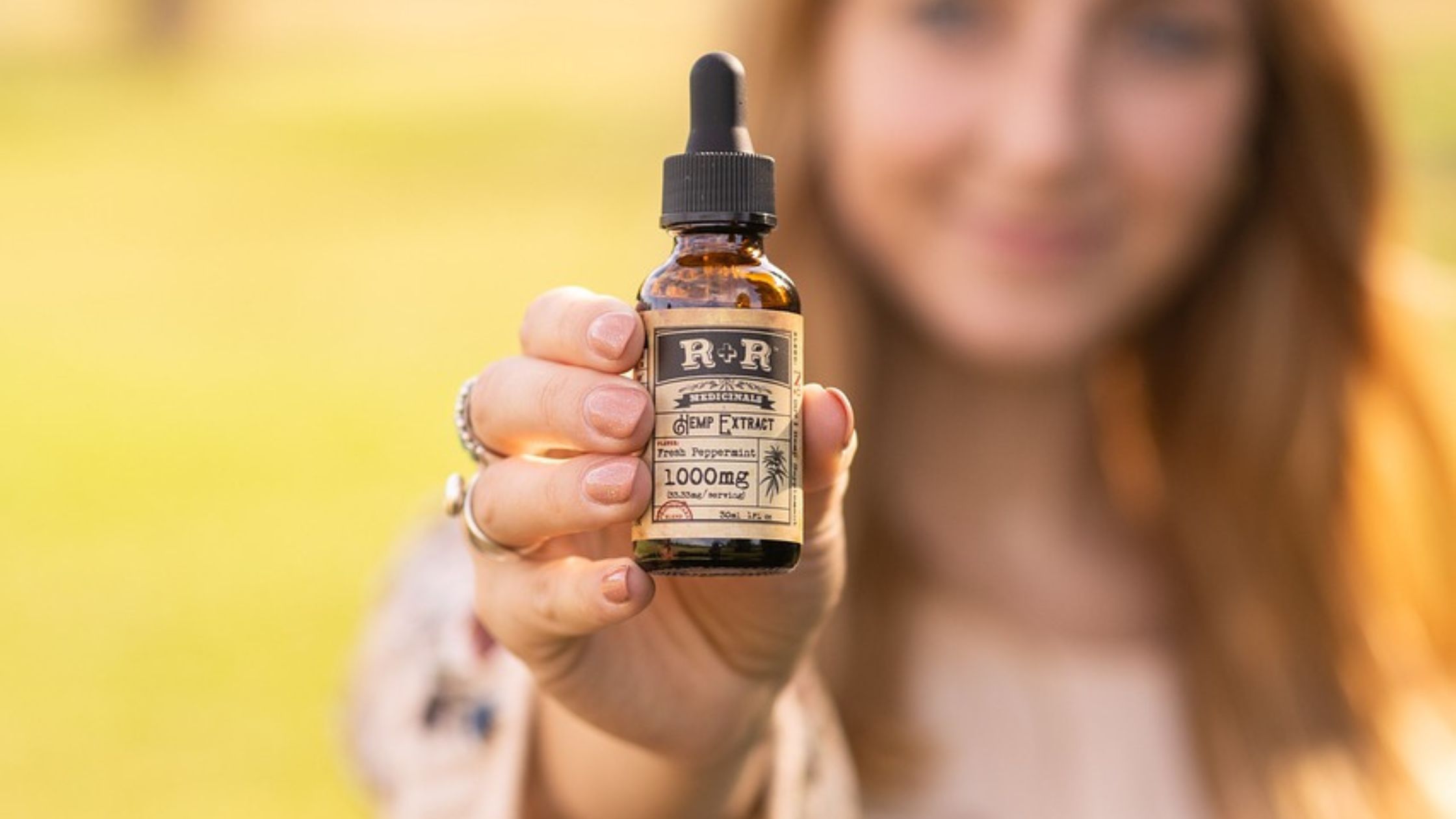Introduction to THCA and THC
When exploring the world of cannabis, most people know about THC, the primary compound responsible for its mind-altering effects. But what about THCA? A common question that arises is: Does THCA get you high? The straightforward answer is no, but understanding why requires a deeper look into these two related but distinct cannabinoids.
What is THCA?
THCA, or tetrahydrocannabinolic acid, is a naturally occurring compound found in raw cannabis. Essentially, it’s the precursor to THC. THCA itself is non-psychoactive, meaning it doesn’t produce the high that is synonymous with cannabis use. However, when heat is applied, THCA undergoes a transformation, becoming THC—the active compound that does get you high.
The Difference Between THCA and THC
While THCA and THC are closely linked, their effects differ significantly. THCA exists in its raw form until it is heated, at which point it decarboxylates into THC. The key point is that THCA in its natural state is not intoxicating. Only through processes like smoking, vaping, or cooking does THCA turn into THC and generate psychoactive effects.
How Cannabinoids Work in the Body
The Endocannabinoid System: An Overview
To understand why THCA doesn’t cause psychoactive effects, it’s essential to know how cannabinoids work within the body. The endocannabinoid system (ECS) is a complex network of receptors that interact with cannabinoids to help regulate functions such as mood, pain, and appetite.
CB1 and CB2 Receptors: What Do They Do?
The ECS has two main types of receptors: CB1 and CB2. CB1 receptors are primarily located in the brain and central nervous system and are responsible for the psychoactive effects experienced when THC binds to them. Since THCA does not bind effectively to these receptors, it doesn’t cause the euphoric sensations associated with THC.
Why THCA Doesn’t Bind to CB1 Receptors
The chemical structure of THCA prevents it from fitting into CB1 receptors as THC does. This structural limitation means the brain does not receive the signals needed to trigger a psychoactive response. This is why raw THCA consumption does not result in a high.
Does THCA Have Psychoactive Effects?
The Role of Decarboxylation in Activating THC
Decarboxylation is the process that turns non-psychoactive THCA into psychoactive THC. This happens when cannabis is heated during smoking, vaping, or cooking. The heat removes a carboxyl group from the THCA molecule, activating it as THC, which can then bind to CB1 receptors and cause a high.
What Happens When THCA is Heated?
When heat is applied to cannabis—whether by lighting a joint, vaping, or baking—decarboxylation occurs, converting THCA into THC. This is why raw cannabis does not produce a high, but heated cannabis does.
Raw Cannabis vs. Heated Cannabis
Consuming raw cannabis means ingesting primarily THCA, which is why eating raw cannabis leaves or adding them to a smoothie won’t make you feel high. It’s the heating process that activates THC, turning the experience into a psychoactive one.
THCA’s Health Benefits Without the High
Anti-Inflammatory Properties
Even though THCA doesn’t produce a high, it offers potential health benefits. One of its most notable properties is its anti-inflammatory effects, which could benefit individuals with conditions such as arthritis, lupus, and other autoimmune diseases.
Neuroprotective Effects
THCA is believed to have neuroprotective qualities, potentially protecting brain cells from damage. This property is particularly valuable for individuals dealing with neurodegenerative conditions like Alzheimer’s or Parkinson’s disease.
Potential Uses for Nausea and Appetite
In addition to its anti-inflammatory and neuroprotective effects, THCA may help reduce nausea and stimulate appetite. While THC is often used for these purposes, THCA provides similar benefits without causing a high, making it a viable option for patients who wish to avoid psychoactive effects.
Why People Confuse THCA with THC
The Importance of Understanding Cannabinoid Chemistry
The confusion between THCA and THC often comes down to their similar names and shared origin. However, understanding the distinct chemistry behind these compounds helps clarify why they act differently in the body. Knowing these differences empowers consumers to make better choices based on their needs and preferences.
Common Misconceptions About Raw Cannabis
A prevalent misconception is that eating raw cannabis will result in a high. This is not true because raw cannabis primarily contains THCA, not THC. While raw cannabis can offer health benefits, it won’t lead to a psychoactive experience.
How to Use THCA Products
Consuming Raw Cannabis
If you’re interested in reaping the benefits of THCA without the high, consuming raw cannabis is an option. This can include juicing raw cannabis leaves, adding raw buds to smoothies, or eating the plant material as-is. These methods maintain the THCA, allowing you to enjoy its health advantages without psychoactive effects.
Tinctures, Topicals, and Juices
THCA can also be found in tinctures and topical products that do not involve heat. These products help preserve THCA in its original form. Some specialized cannabis juices are designed to retain THCA, offering a nutritious, non-psychoactive option for health-conscious consumers.
THCA in Medical Treatments
Many patients turn to THCA for therapeutic purposes, especially when they want the health benefits without the psychoactive effects of THC. As more research unfolds, THCA is likely to become increasingly recognized in medical treatments for conditions such as chronic pain, epilepsy, and inflammation-related disorders.
Conclusion
So, does THCA get you high? The answer is no, at least not in its raw form. THCA is a non-psychoactive cannabinoid that offers several potential health benefits, including anti-inflammatory and neuroprotective effects. It only becomes psychoactive when heated and converted into THC. Whether you’re seeking therapeutic benefits without the high or want to delve deeper into cannabis chemistry, understanding the difference between THCA and THC is key.
Frequently Asked Questions
- Can THCA turn into THC without heat?
No, THCA must be exposed to heat through decarboxylation to transform into THC.
- Will eating raw cannabis get me high?
No, consuming raw cannabis will not result in a high because it primarily contains THCA, not THC.
- What are the health benefits of THCA?
THCA may offer anti-inflammatory, neuroprotective, and anti-nausea benefits.
- Can THCA be detected in a drug test?
Most drug tests target THC, not THCA, but once THCA converts into THC, it can be detected.
- What’s the best way to consume THCA?
You can consume THCA in raw cannabis, tinctures, or juices to enjoy its benefits without the psychoactive effects.

